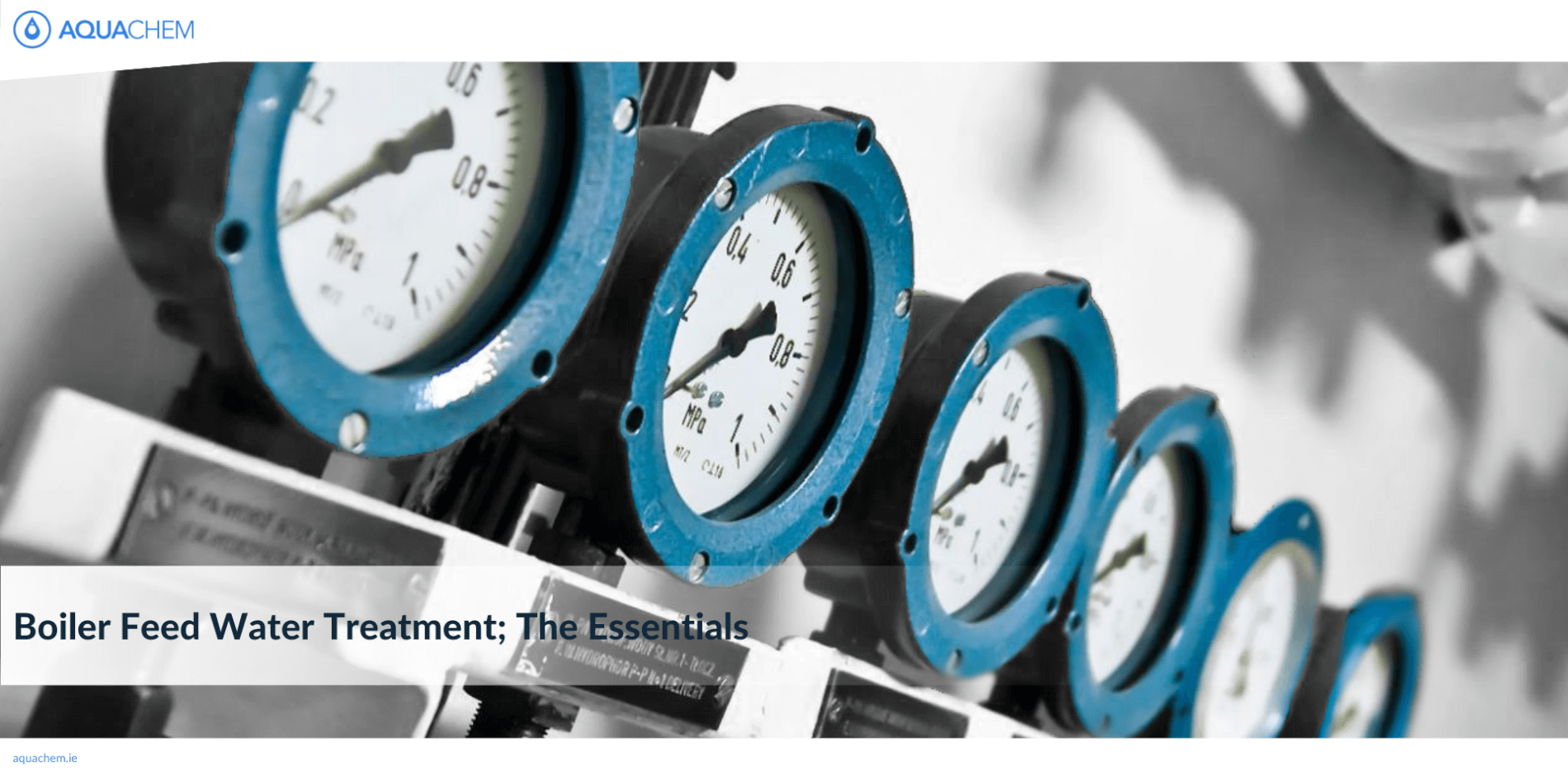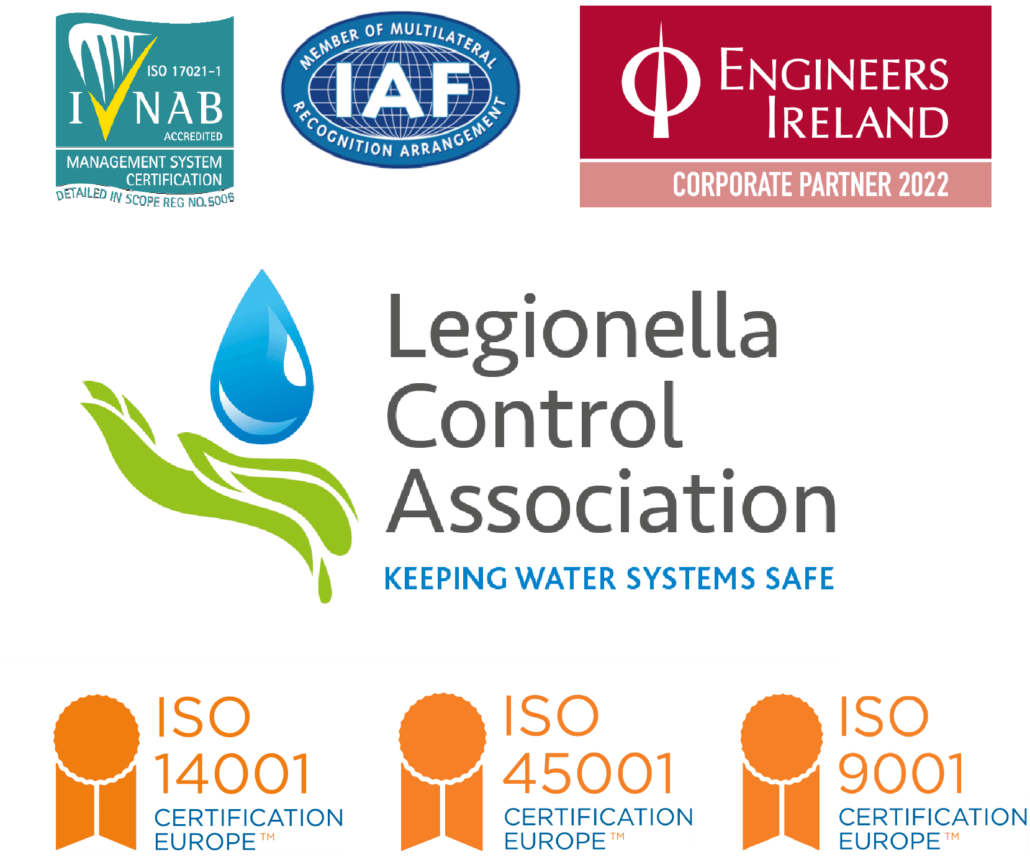An industrial water treatment system treats water to ensure it is suitable for its use, whether for consumption, manufacturing, or even disposal. Each system will vary depending on the facility’s needs, some of the most needed industrial water treatment systems typically include:
- Raw water treatment systems
- Boiler feed water treatment systems
- Cooling tower water treatment systems
- Wastewater treatment systems
In this blog we will look at boiler water treatment and why it is so essential.
Boiler Feed Water Treatment
For industrial companies using a boiler, some type of boiler feed water treatment system is necessary to ensure an efficient process and quality steam generation.
The most appropriate boiler feed water treatment system will protect the boiler unit components and piping from damage due to certain contaminants present in the boiler and help the facility avoid costly plant downtime, expensive maintenance fees, and boiler failure as a result of scaling, corrosion, and fouling of the boiler and downstream equipment.
An efficient and well-designed boiler feed water treatment system should be able to:
- Efficiently treat boiler feed water and remove harmful impurities prior to entering the boiler
- Promote internal boiler chemistry control
- Maximize use of steam condensate
- Control return-line corrosion
- Avoid plant downtime and boiler failure
- Prolong equipment service life
How they work
An effective boiler feed water treatment system works by both removing harmful impurities prior to entering the boiler as well as controlling the acidity and conductivity of the water. While treatments vary, a typical system will consist of primary treatment and possibly polishing. A boiler feed water treatment system will typically include some or all of the following steps:
Filtration
The feed water is typically filtered through one or more filtration units for removal of sediment, turbidity, and organic material. When used for pre-treatment, membrane filtration units can be a cost-effective means of preventing fouling and excess maintenance of downstream equipment.
Softening
Softening is needed to remove the hardness from boiler feed water, including bicarbonates, sulfates, chlorides, and nitrates. This is accomplished by using a softening resin, which is typically a strong acid cation resin that allows it to effectively capture hardness ions from the stream.
Dealkalization
Alkalinity can cause foaming and carryover in boilers, as well as corrosion in piping; therefore, boiler feed streams are often treated followed by degasification, which serve to remove bicarbonate, sulfate, and nitrate ions, reducing pH.
Reverse osmosis (RO) and nanofiltration (NF)
RO and NF are not always used for boiler feed water treatment; however, they can be useful for removal of bacteria, salts, organics, silica and hardness. These are both types of membrane filtration, meaning that they employ a semi-permeable membrane to capture any contaminants too large to fit through their pores, while allowing water molecules to flow through.
Primary ion exchange
For large volumes of water or high-pressure boilers, deionizers may be used instead of membrane filtration.
Polishing
Depending on the boiler requirements, polishing technologies may be required. Typical polishing technologies include mixed bed deionization (DI), electrodeionization (EDI), or offsite regenerable DI.
Distribution
Following the treatment steps outlined above, the boiler feed water is piped to the boiler, where it is heated to form steam. The condensate can then be combined with treated makeup water, and the cycle begins again.
Although these steps represent common boiler feed water treatment, it is important to understand that an individual boiler’s unique makeup/chemistry is an extremely complex calculation that will dictate the technologies needed.
Depending on the impurities present in your water, any combination of these treatments might best suit your facility.
What is the treatment removing?
A boiler feed water treatment system is there to remove problematic dissolved solids, suspended solids, and organic material, including any number of the following:
- Iron: either soluble or insoluble, iron can deposit on boiler parts and tubes, damage downstream equipment, and affect the quality of certain manufacturing processes
- Copper: can cause deposits to settle in high-pressure turbines, decreasing their efficiency and requiring costly cleaning or equipment change-outs
- Silica: if not removed to low levels, especially in high-pressure boilers, silica can cause extremely hard scaling
- Calcium: can cause scaling in several forms depending on the chemistry of the boiler feed water (e.g. calcium silicate, calcium phosphate, etc.)
- Magnesium: if combined with phosphate, magnesium can stick to the interior of the boiler and coat tubes, attracting more solids and contributing to scale
- Aluminum: deposits as scale on the boiler interior and can react with silica to increase the likelihood of scaling
- Hardness: also causes deposits and scale on boiler parts and piping
- Dissolved gasses: chemical reactions due to the presence of dissolved gases such as oxygen and carbon dioxide can cause severe corrosion on boiler pipes and parts
Conclusion
A boiler water treatment plan is needed if you want to maximize boiler service life, produce clean & safe water and save on energy or maintenance costs.
The treatment helps protect your investment by removing harmful by-products which could be in your water.
Contact us to talk about your water treatment and if it is working for you.







